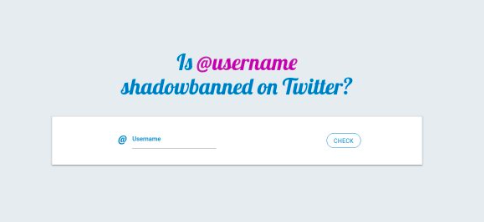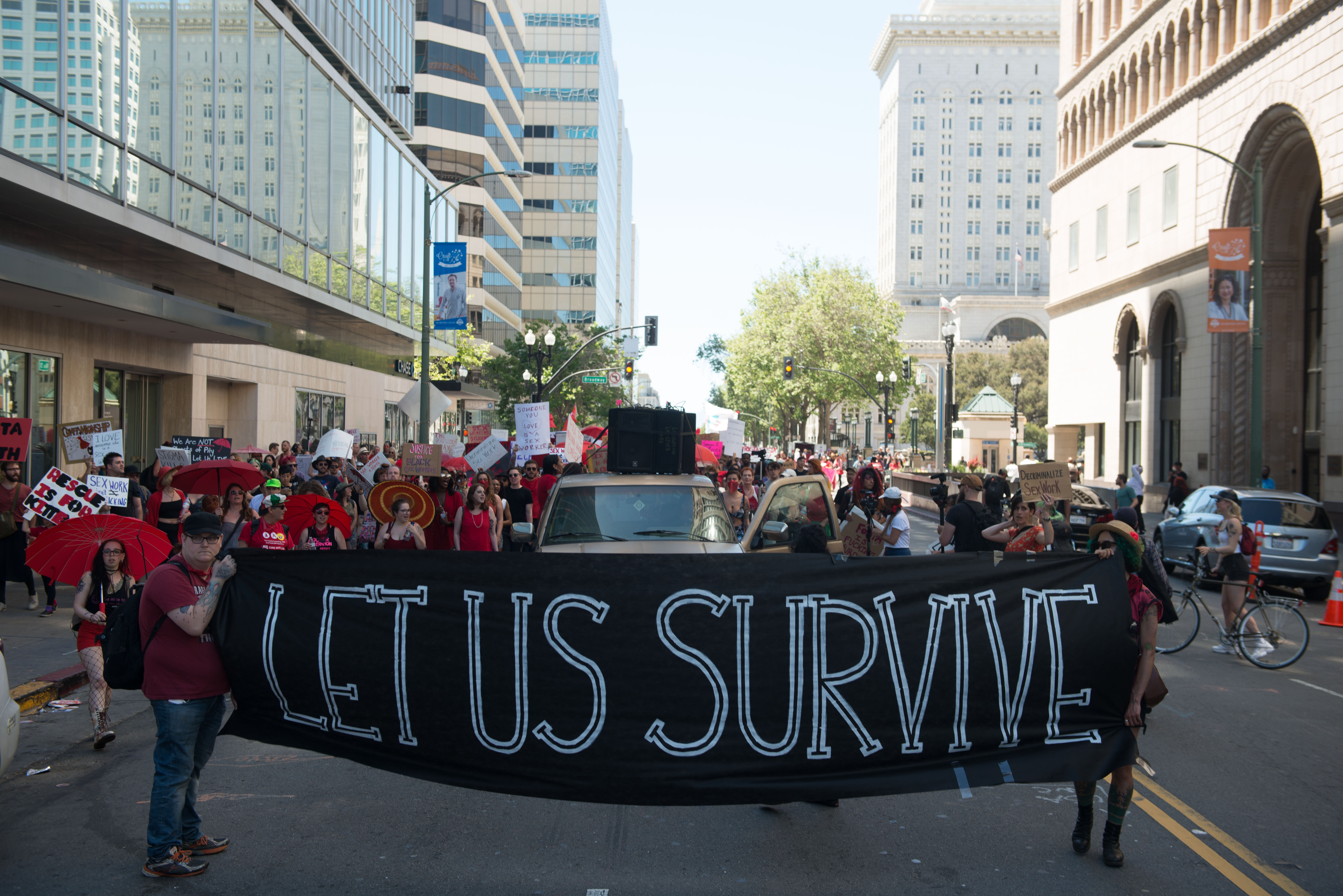Written collaboratively by Juniper Fitzgerald and Jessie Sage Several months ago, we attended the Adult Entertainment Expo in Las Vegas, which included the Adult Video Network (AVN awards). The problematic aspects of such conventions notwithstanding—for example, a panel of “industry leaders” at the Expo admitted to never hearing of FOSTA—it is an event many sex… Continue reading Shadowbans: Secret Policies Depriving Sex Workers of Income and Community
Category: Tools of the Trade
Saving Face
He was the perfect client. Well dressed and freshly showered, he brought me a small gift in which my precious dollar bills were discreetly enclosed, and our session finished before I was even fully undressed. “How did you find me?” I asked him over cacio e peppe. I needed to recreate whatever marketing techniques scooped… Continue reading Saving Face
How To Start A Post-SESTA Emergency Organizing Group
This post was jointly written by Maxine Holloway and Arabelle Raphael, co-founders of BAPS. On the morning after the Senate passed FOSTA we texted each other about whether we should remove our ads from our social media accounts. We weren’t exactly sure what to do and knew that many other people were in the same… Continue reading How To Start A Post-SESTA Emergency Organizing Group
A Guide to Hustling on Craiglist Without the Personals
To the readers of this post, let me say first: I’m sorry, and I sympathize. I’m displaced and down in the trenches with you. I’m a ‘lower-end’ full-service and fetish worker. My way of life got taken down with the personals section of Craigslist. It’s the only platform I have ever used, and I’m taking… Continue reading A Guide to Hustling on Craiglist Without the Personals
Post-SESTA/FOSTA Self-Censoring for Twitter, Reddit, and other Social Media
In the immediate aftermath of SESTA/FOSTA passing, before it’s even been signed into law, we’re already seeing discussion of sex work on the internet hit. Some companies, like Patreon, seem to have preemptively changed their policies last year while the legislation was being written. Others have started publicly changing their policies today and it should… Continue reading Post-SESTA/FOSTA Self-Censoring for Twitter, Reddit, and other Social Media




